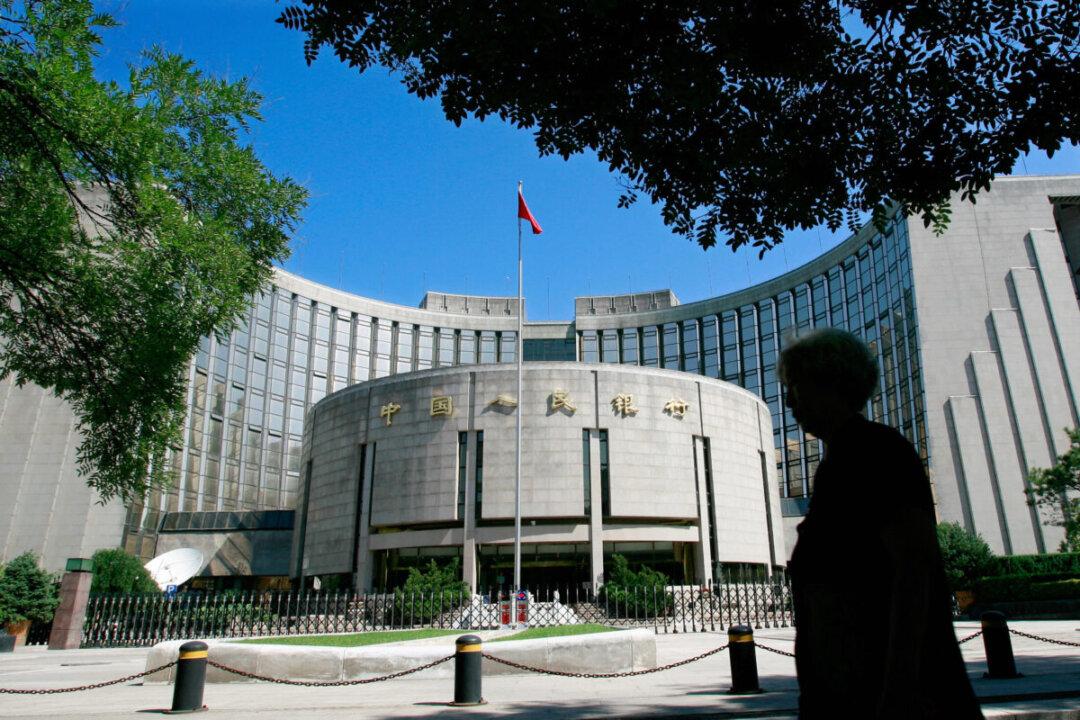News Analysis
A large number of Chinese Communist Party (CCP) officials reportedly get low-interest loans and then lend the money at high interest rates, forming a “grey channel” and accumulate wealth.

A large number of Chinese Communist Party (CCP) officials reportedly get low-interest loans and then lend the money at high interest rates, forming a “grey channel” and accumulate wealth.